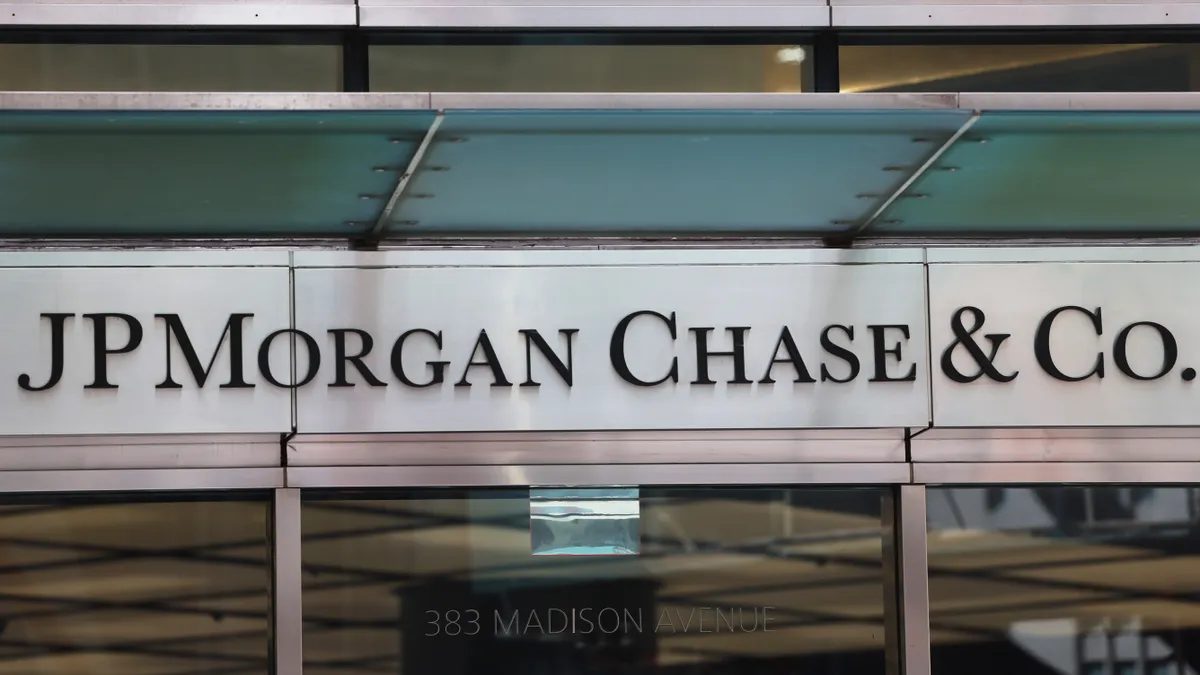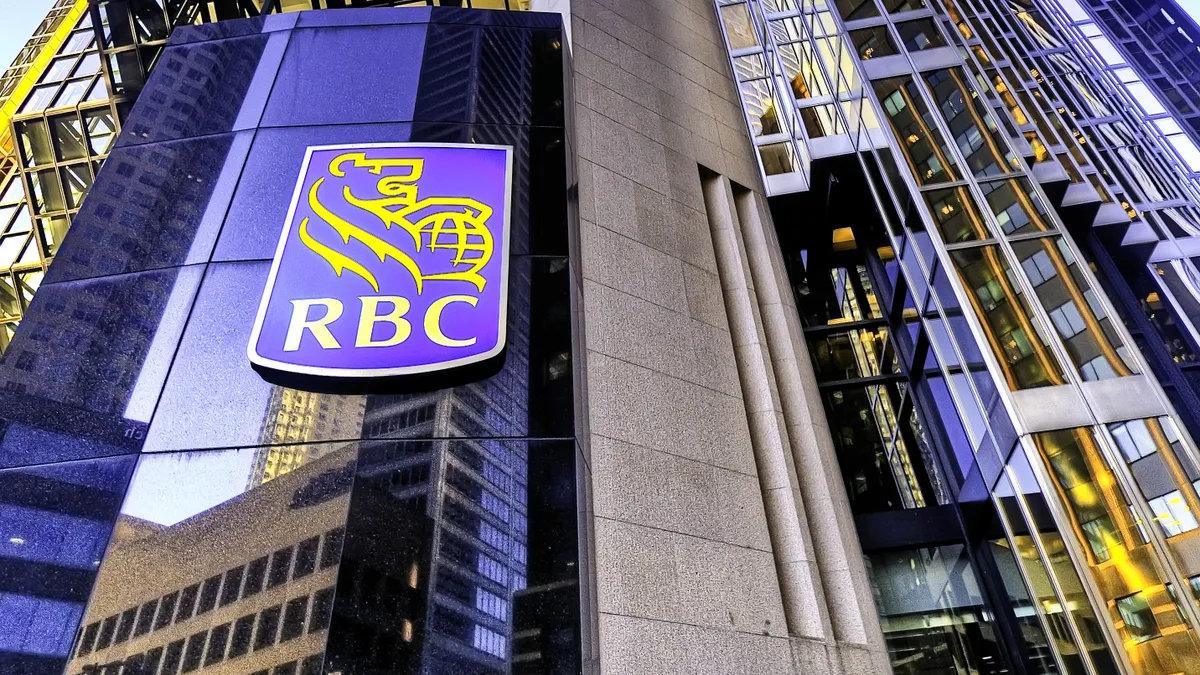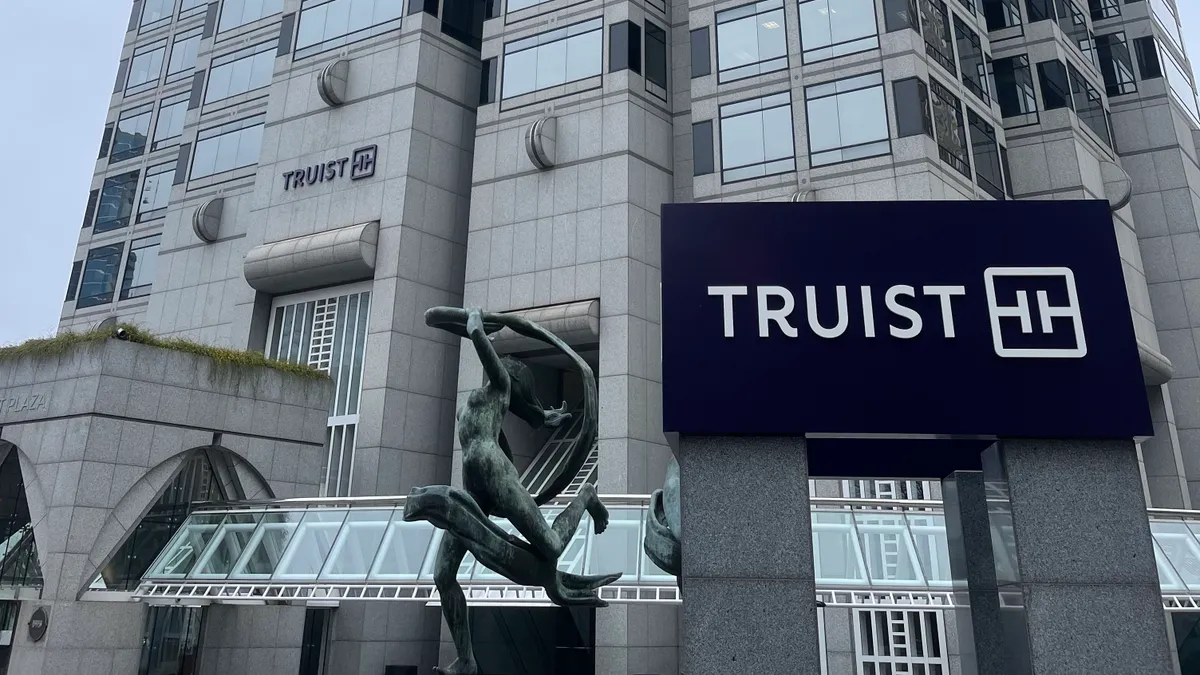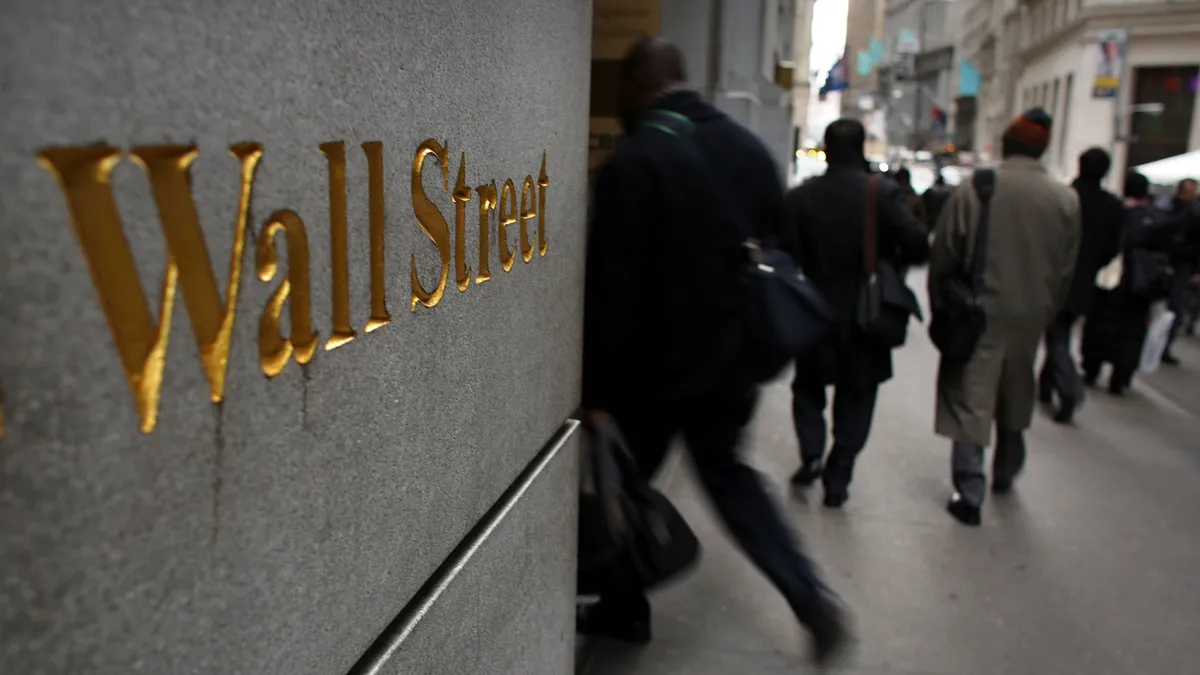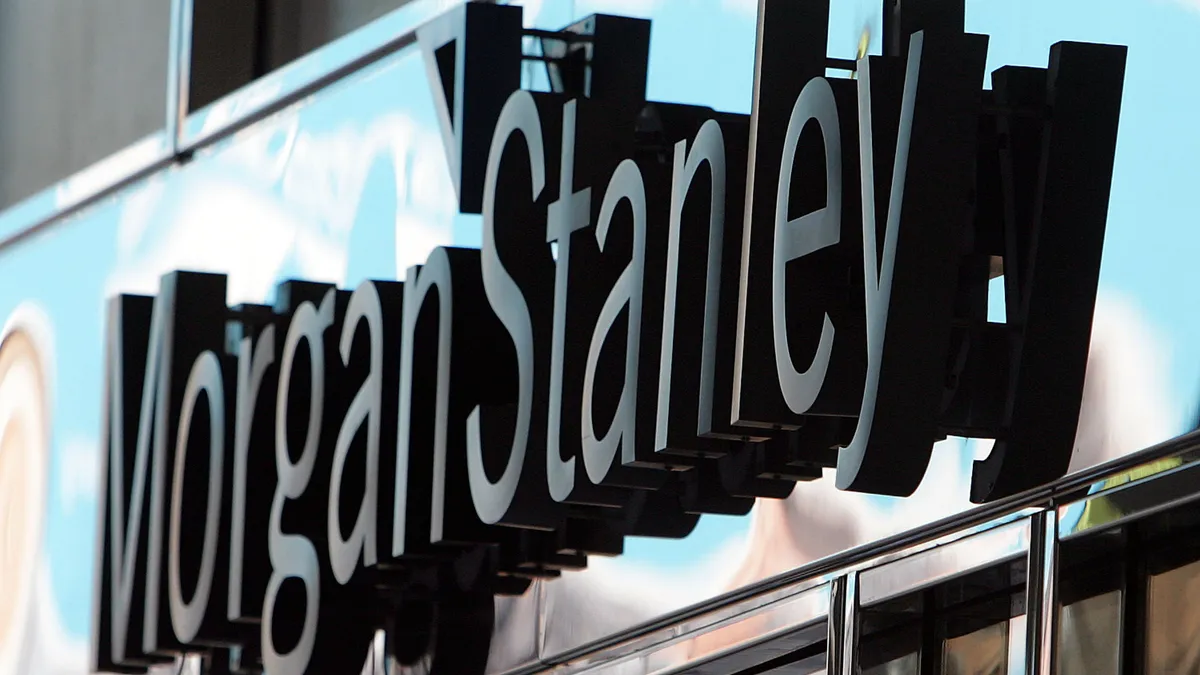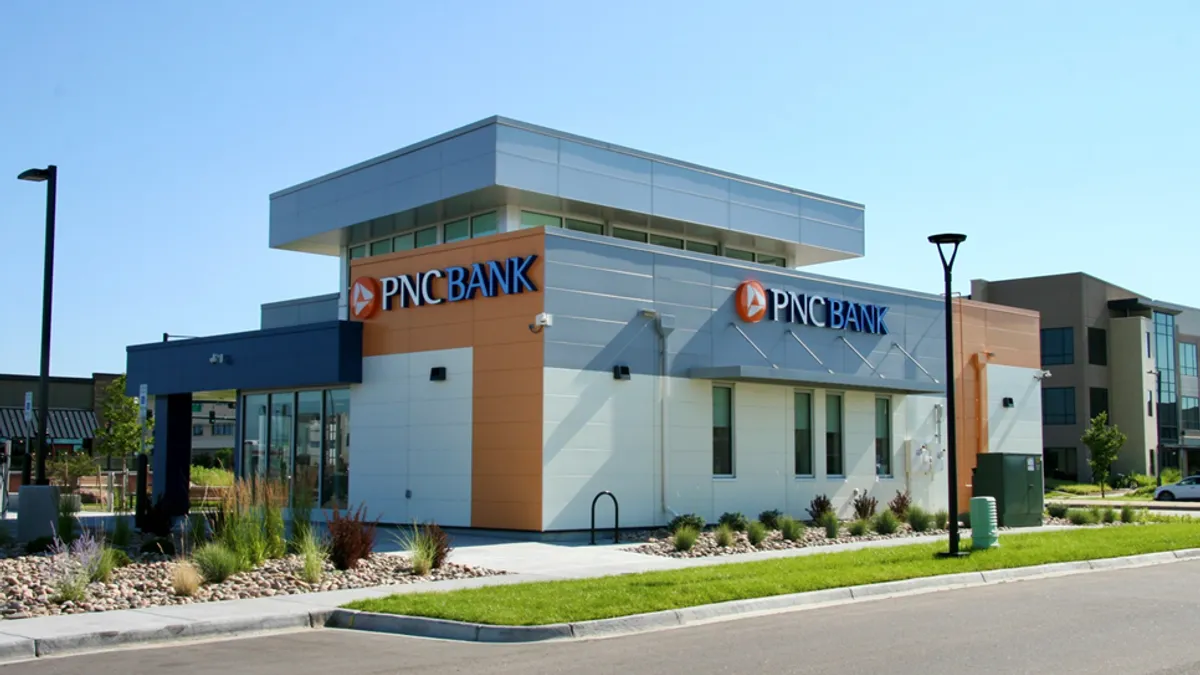Denver-based FirstSun Capital Bancorp and Seattle-based HomeStreet have agreed to terminate their proposed merger after determining “it is in the best interests of their respective companies,” both firms said in filings Tuesday.
The termination comes roughly three weeks after the banks disclosed they were “discussing the pursuit of an alternative regulatory structure” for the deal after allegedly failing to receive regulatory approval from the Federal Reserve and Texas Department of Banking. The Texas regulator would have been necessary because, under the deal, HomeStreet would have merged into a Dallas-based FirstSun subsidiary, Sunflower Bank.
FirstSun is “disappointed with the outcome” but is focused on growing in its local markets, CEO Neal Arnold told American Banker in a statement Tuesday.
“We are proud of our strong history of earnings performance and we remain as healthy and strong as ever,” Arnold said. “Further, we remain well-positioned to continue our strong performance and take advantage of the growth opportunities across all the attractive markets in our footprint.”
HomeStreet declined to comment to the publication. But during a Nov. 1 conference call, the bank’s CEO, Mark Mason, said, “if you assume a termination of the merger agreement, we will be free to consider all strategic options.
The Seattle-based bank warned shareholders in a Nov. 8 filing with the Securities and Exchange Commission that it may “need to initiate litigation against FirstSun to seek judicial relief from the Merger Agreement if the parties are unable to reach agreement on an alternative regulatory structure … or a mutual termination.”
The FirstSun merger proposal, as written, limited HomeStreet’s ability to pursue alternatives because it contained “no shop” restrictions that kept the bank from initiating, soliciting or knowingly encouraging or facilitating other acquisition proposals, HomeStreet said. HomeStreet would also have had to pay a $10 million termination fee, it said.
HomeStreet had received two competing bids before agreeing to align with FirstSun in January, according to an earlier SEC filing.
The bank’s board chose FirstSun because it offered Mason a full-time position for two years after the deal's closing, whereas the other two transactions would have put him in advisory or consulting roles, Chuck Griege, chief investment officer at Blue Lion Capital, told S&P Global.
Blue Lion is among HomeStreet investors that voiced reservations about the FirstSun deal. The company requested in June that HomeStreet cancel change-of-control payments tied to the merger. (HomeStreet shareholders voted against the payments in a nonbinding vote.)
Other investor gripes had emerged. A HomeStreet shareholder sued the bank in April alleging that a proxy statement connected with the FirstSun merger was “materially incomplete and misleading,” the Seattle bank disclosed Nov. 8. The shareholder sought an injunction of the merger.
The FirstSun deal’s woes are “an indictment of HomeStreet’s board,” Griege told S&P Global.
Few details of Tuesday’s termination agreement are public, but the companies said FirstSun would make a “previously agreed to expense reimbursement payment to [HomeStreet] related to integration planning, consulting fees and related expenses.” The filing did not detail the amount of the payment.
FirstSun and HomeStreet first announced their proposed deal in January. But FirstSun quickly changed tack, opting to switch to a Texas state charter rather than a national one in a maneuver perhaps meant to avoid oversight by the Office of the Comptroller of the Currency.
A revamped April deal included a provision that HomeStreet would sell or dispose of $300 million in commercial real estate loans. HomeStreet’s CRE exposure was likely a factor driving its search for a buyer. Bloomberg reported in August 2023 that the bank was considering a sale after its stock lost roughly two-thirds of its value that year.
A broader HomeStreet plan to sell $800 million in multifamily loans would cut its CRE concentration to 538% of its capital, Piper Sandler analyst Matthew Clark wrote in a note. That’s a considerable decrease from 620%, but still well above the 300% benchmark that regulators have said would warrant attention if exceeded.
HomeStreet may find an easier path through another buyer, Clark said, as “going it alone would likely require more onerous loan sales.” However, he warned the bank may not generate the same level of interest now from suitors, nor the roughly $286 million price point at which the FirstSun proposal valued HomeStreet.
Mason began distancing HomeStreet from the merger weeks ago.
“Importantly, HomeStreet has been advised by its regulators that there were no regulatory concerns specifically related to HomeStreet that would have prevented approval of the merger,” Mason said Oct. 29.





